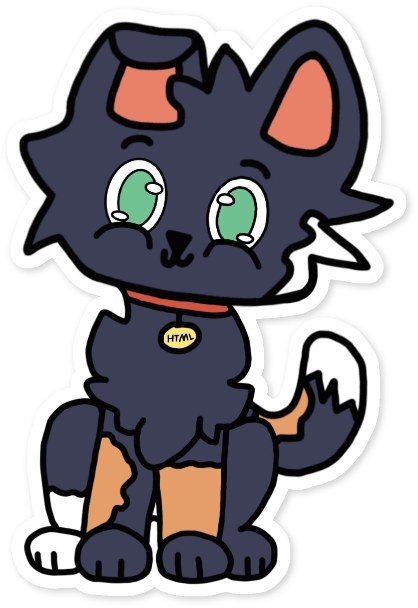Component SSR in Ruby
You can use Heartml entirely client-side, but if you want to be able to render web components on the server, “expand” components, use Declarative Shadow DOM (DSD), and other HTML-first techniques, you need a server-side rendering solution (SSR).
Heartml’s Ruby renderer can be used inside of Bridgetown, Rails, and other Ruby web frameworks. Just add heartml to your Gemfile:
bundle add heartmlBridgetown
After adding the heartml gem, update your config/initializers.rb file:
Bridgetown.configure do |config|
# existing configuration here
init :heartml
endThen you can add component pairs in your src/_components folder: an .rb file for the Ruby component definition, and a .heartml file for the HTML, CSS, and JavaScript (optional).
Here’s an example component which lets you define figures including an image and a caption easily in Markdown or other HTML file formats:
# src/_components/image_figure.rb
class ImageFigure < Bridgetown::Component
include Heartml
define "image-figure"
attr_reader :caption
def initialize(caption: nil, **attributes)
@caption = caption
@attributes = attributes
end
def show_caption = @caption && !@caption.empty?
end<!-- src/_components/image_figure.heartml -->
<figure>
<slot></slot>
<figcaption server-effect="$show(.show_caption); .caption"></figcaption>
</figure>
<style>
:host {
display: block;
margin-block: var(--size-8);
}
::slotted(img) {
display: block;
margin-inline: auto;
box-shadow: 0px 10px 18px color-mix(in oklch, var(--dark-pop-color), black 55%);
}
figure {
margin: 0;
margin-inline: calc(0rem - var(--main-padding-inline));
}
figcaption {
margin-block: var(--size-3) 0;
padding-inline: calc(var(--main-padding-inline) / 2);
text-align: center;
font-size: var(--font-size-1);
font-style: italic;
color: var(--emphasis-color);
:host([caption-right]) & {
text-align: right
}
}
</style>As you can see, the effects syntax on the server matches the syntax you’d use for client-side rendering. More on this below.
Bridgetown will now automatically render this component any time you include the component tag in HTML via the Heartml Ruby renderer which hooks into Bridgetown via HTML Inspectors and Nokolexbor. For example:
# Some Markdown File.
<image-figure caption="The caption for the image." markdown="block">

</image-figure>Which renders out to:
<image-figure><template shadowrootmode="open"><figure>
<slot></slot>
<figcaption>The caption for the image.</figcaption>
</figure><style>
/* component styles omitted for brevity */
</style></template>
<img src="/images/some-image.jpg" alt="An Image">
</image-figure>Rails
docs coming TDB
Other Frameworks
docs coming TBD
Attributes
The attributes on the component tag are translated to keyword arguments in your class initializer.
**attributes
@attributes = attributesserver_args
Server Effects, Child Content, and Light/Shadow DOM
…
